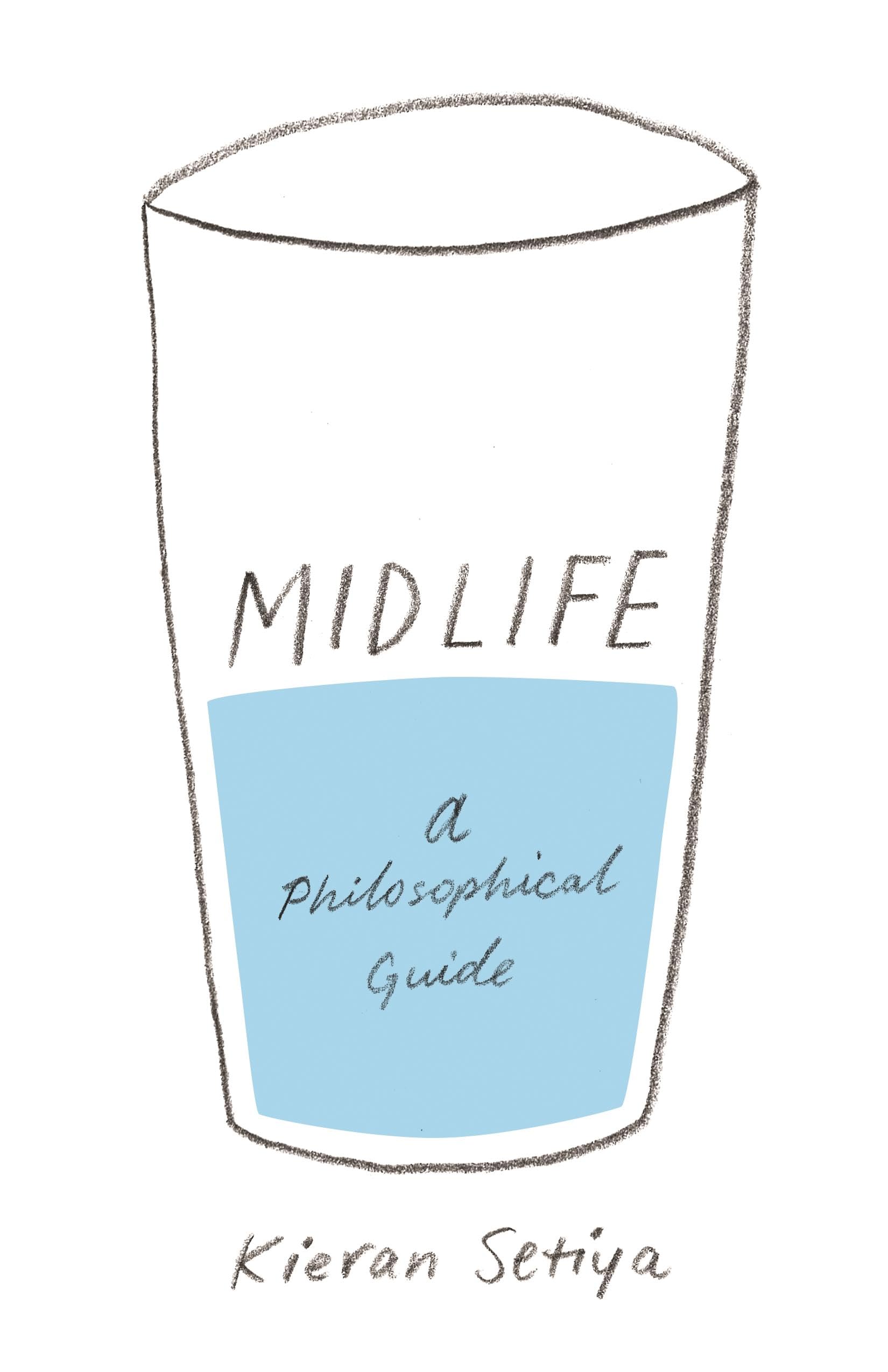Customer Services


Full description not available
B**K
Tough read and interesting. But alone it may not suffice to resolve midlife malaise.
I am glad I read this. I warn this book requires a fair amount of logical reasoning skill. I'm a degreed engineer who has always loved the logic associated with computer programing and I found this book so difficult to casually read, I had to stop half way and start over. Having trouble the second time, I decided I needed to take notes. Spoiler: the conclusion chapter summarizes the 11 points and suggestions.I bought the book because of a prolonged midlife malaise. It is like a wave -- up and down. The philosophy, history lessons and logic in this book are quite interesting. But are they helpful? I'm not so sure. Even the author admits he is still struggling. I suspect if we had the ideas in this book and then applied some CBT (Cognitive Behavioral Therapy) exercises we would be better off. The two together better than CBT alone? I think so. With this book I now have a better idea of what is bugging me (chapter 6 is my issue). But I don't really feel like I got the solution from this book. Will shifting my focus form the telic to the atelic pull me out of my 7 year long funk and keep me out? I suspect I'll need to "untwist my thinking" more (reference to David Burns, author of Feeling Good, Feeling Good Handbook and other books).Others might get more help. If you are about to do something big in your life to resolve midlife dissatisfaction, read this first. Lucky for me I procrastinate enough that I didn't take any action yet.But I am grateful the author wrote it -- I just don't see much out there on this issue. And thanks for analysis of the idea in the beginning -- "is a midlife crisis really a phenomena"?UPDATE: I upgraded my rating. Months and months later my thoughts keep coming back to this book where the author organizes the common thoughts we have, one chapter each. Few other books I've read cause me to want to go back to them so much.
C**D
Just wish it was longer!
Originally buying this for audio, I find myself wanting to underline something often enough so I purchased this printed copy.This is an excellent book whether you are having a midlife crisis at all or not. It's about having a proper and healthy perspective of life. I found it to be simple and helpful. It's a book that at least in some cases will add to your life learning and be helpful to you even in conversations with others. It's also cheap enough to wear even if you don't like it it's not that big of a loss.Though it claims to be philosophical in its approach, it's really just a way of thinking about our own lives. It doesn't necessarily seem "philosophical" in the educational sense. It's not abstract... these are good concepts which you can think about and immediately apply to your life.Recommended.
M**N
Another Mindfulness Book for the Corporate and Academic Set
This is a pleasant and inoffensive little book. The author reviews a couple of philosophical concepts that may be of help in sorting through midlife anxiety. He recommends focusing on interests outside oneself (but not in a goal-oriented way) and also meditating (in a buddhist-lite sort of way). This is "Be Here Now" for people who don't want any disruption of their status quo. I can easily imagine the author driving a Prius to a suburban Boston Starbucks to savor the moment with friends. There's nothing wrong with that, but it's not all that interesting either. I think the author lets himself down by settling for the bland, ho-hum mindfulness that is preached at corporate retreats everywhere. He seems smarter than that but, in fairness, it's not really an individual shortcoming. There is a kind of inert quality about the current generation of academic writers that's hard to pin down and that this book typifies. It's like they (and the author) know that sitting around on piles of privilege isn't really a meaningful life, but they just can't quite bring themselves to do (or write) anything different. It's telling that this crowd is consistently attracted to the mindfulness of Buddhism but quick to discard Buddhism's ethical teachings. That said, if being middle-aged and privileged has got you down, and you want to feel better without really changing much, this may be the book for you.
T**B
A lucid discussion that's not just for midlifers.
Setiya is a compelling guide in this book, at once witty and companionable while being serious and incisive. He writes with a calmly straightforward honesty that is bracing. His intellectual acumen in dealing with philosophers old and new make this, in some senses, an "easy" read. I had to force myself to stick to only one chapter per day so that I could think through the questions they raised. I am long past my midlife years, but I found this book exceptionally relevant, chapter after chapter, for the surprisingly similar conflicts and anxieties of retirement. In fact, I suspect I find this book more valuable now than I would have during midlife, when the whirl of activity made reflection more difficult. Having trouble figuring out who you are or what you ought to do now that your professional tasks have ended? This philosophical guide can help, as it surely does for anyone in midlife.
J**S
Interesting but incomplete
Interesting and clever — the author is after all tenured faculty at a top-tier school. Still, his section on mindfulness and no-self was vastly underdeveloped. Pity, since presence seems to be key to overcoming much of the mid-life crisis.
Trustpilot
4 days ago
3 weeks ago